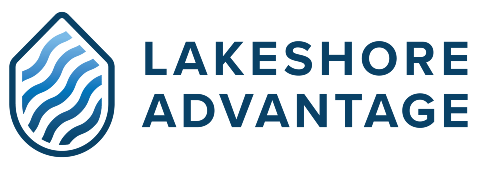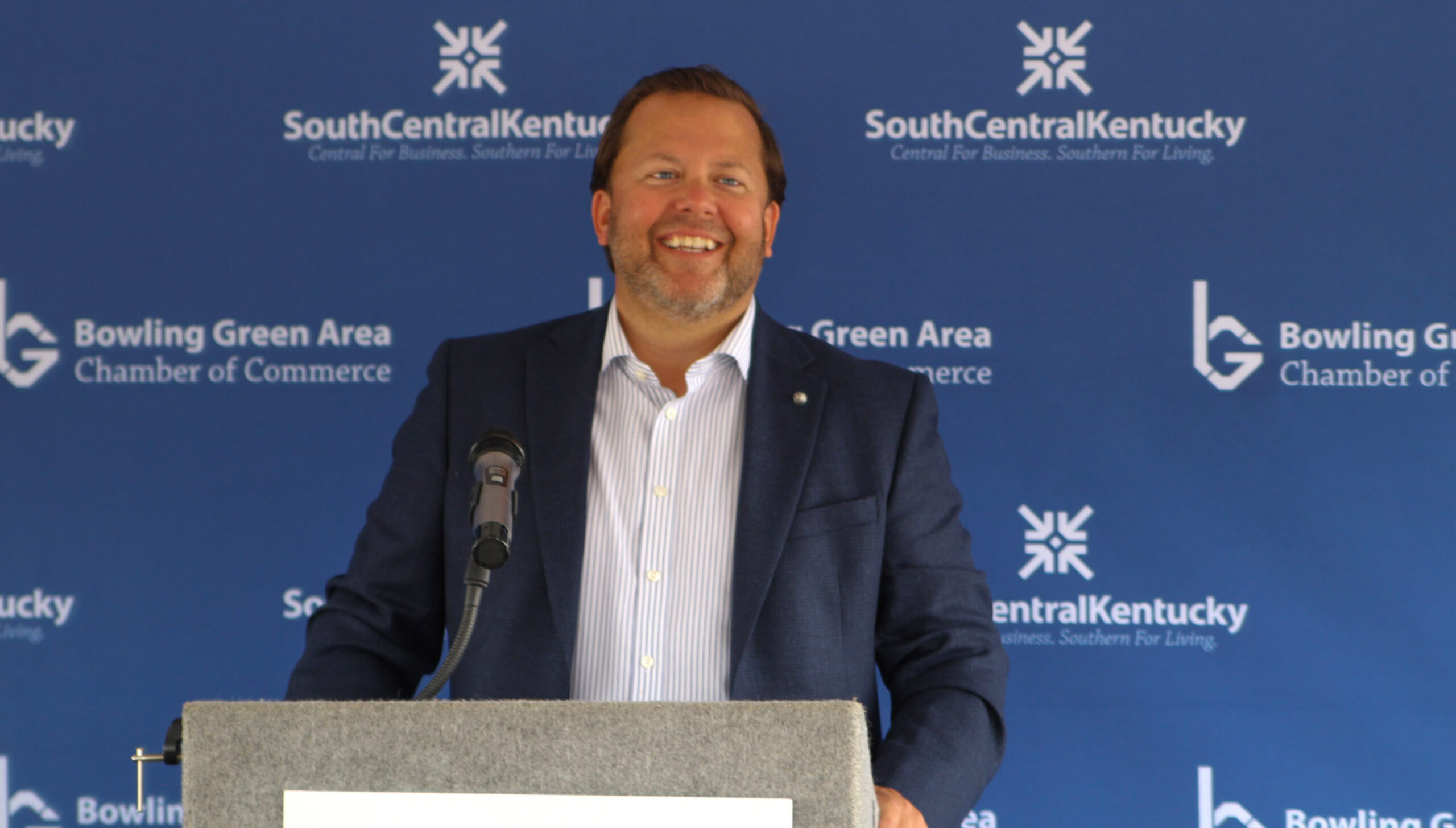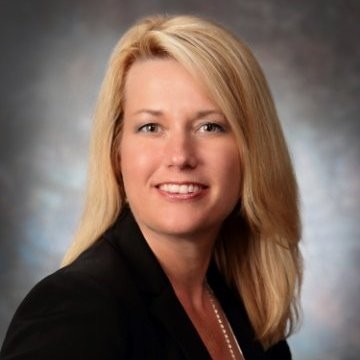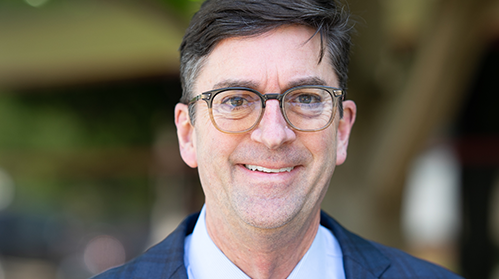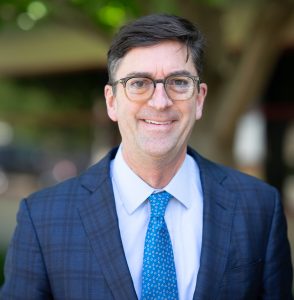Michael Weis is the President of Harbor Steel & Supply Corporation. Born and raised in a farming community in Western Iowa, Weis moved to Paris, KY for his high school years and later graduated from the University of Kentucky with a degree in Business Administration.
Weis is currently in his 23rd year in the steel industry. He strives to associate integrity, honesty, and community leadership when the name Harbor Steel is present. Navigating Covid in the first month of leading the company and opening a new facility in Bowling Green, KY have been highlights thus far. Mike loves spending time with his wife, Jennifer, and two children, Abigail and Ava. You can catch them cruising down the Grand Haven channel on their tritoon or riding their bikes to the Front Porch for ice cream in Spring Lake.
You’ve spent your career in the steel industry at a handful of companies in the south and midwest U.S. What brought you to Michigan and what do you enjoy most about living and working in West Michigan?
I joined Harbor Steel in 2010. After 10 years with the company, my mentor and predecessor, Steve Heneveld, announced his retirement as President. I was offered the position and jumped at the opportunity! My family and I knew how beautiful West Michigan was from several trips we had taken over the years. The superb quality of life that this part of the state offers is second to none. The schools, hospitals, and manufacturing base are all first class.
How did you get started in steel? And what about your work is most meaningful or fascinating to you?
When I graduated from the University of Kentucky in 2000, I was desperately looking for a career path. The girl I was dating suggested that I apply for an open position with the company that her dad worked at, a Canadian steel mill named Co-Steel. I ended up taking a job in sales with this company and that started my career. A bonus is that I have been married to that girl for 21 years! I love all of the people that I have met and formed relationships with in the industry over the years. It is also very satisfying to see the products that we help create. Whether it be a conveyor system for an Amazon distribution center or a livestock chute at the Houston rodeo, steel plays a part in everything that we touch or see.
Why is it a priority for Harbor Steel to invest in helping businesses grow in West Michigan?
I believe in the adage that “a rising tide lifts all boats”. We have locations from Holland up to Manistee in West Michigan. It is very important to us to help our customers and the communities that we are a part of to flourish. That could be from working with a customer to find a competitive advantage in their industry to supporting youth activities up and down the Lakeshore.
What projects or initiatives have you most excited right now?
Companywide, we are excited about a large defense project that every Harbor Steel location is pitching in on. Eventually the job will be shipped to Naval bases to help handle submarine modifications and repairs.
What have you learned throughout your career, and what advice would you give to emerging leaders and professionals about playing a positive role in the community?
Don’t be afraid to ask for help. Sometimes our pride gets in the way, but realize that no one expects you to be an expert at everything. When helping the community, it doesn’t have to be a big ordeal to make a huge impact: Volunteer to be an Assistant Coach for your child’s team or pick up trash on the riverbank. There are unlimited opportunities to make a difference!
Who are the people who have had a profound influence on you and your leadership style?
Coach John Calipari always talks about “servant leadership”. I am a BIG believer in this. I try to be there for all our employees at Harbor Steel and our key Managers are there with me. I think that if everyone knows you have their back when times get tough, they are personally invested in the day-to-day success of the business.
Talk to us about workplace culture. What are some values that you and your team live by?
Harbor Steel is a family-owned business. Our culture is very strong of open dialogue and forgiveness. We all care about each other, and our families, and we see that in our everyday interactions.
What is a book that you’ve read or an influencer that you’ve listened to recently that has made you a better leader?
I like history. I recently read April 1865: The Month That Saved America by Jay Winik. The perseverance and fortitude displayed by numerous leaders is unimaginable. It showed me how important it is to be flexible in any situation and to never give up!
